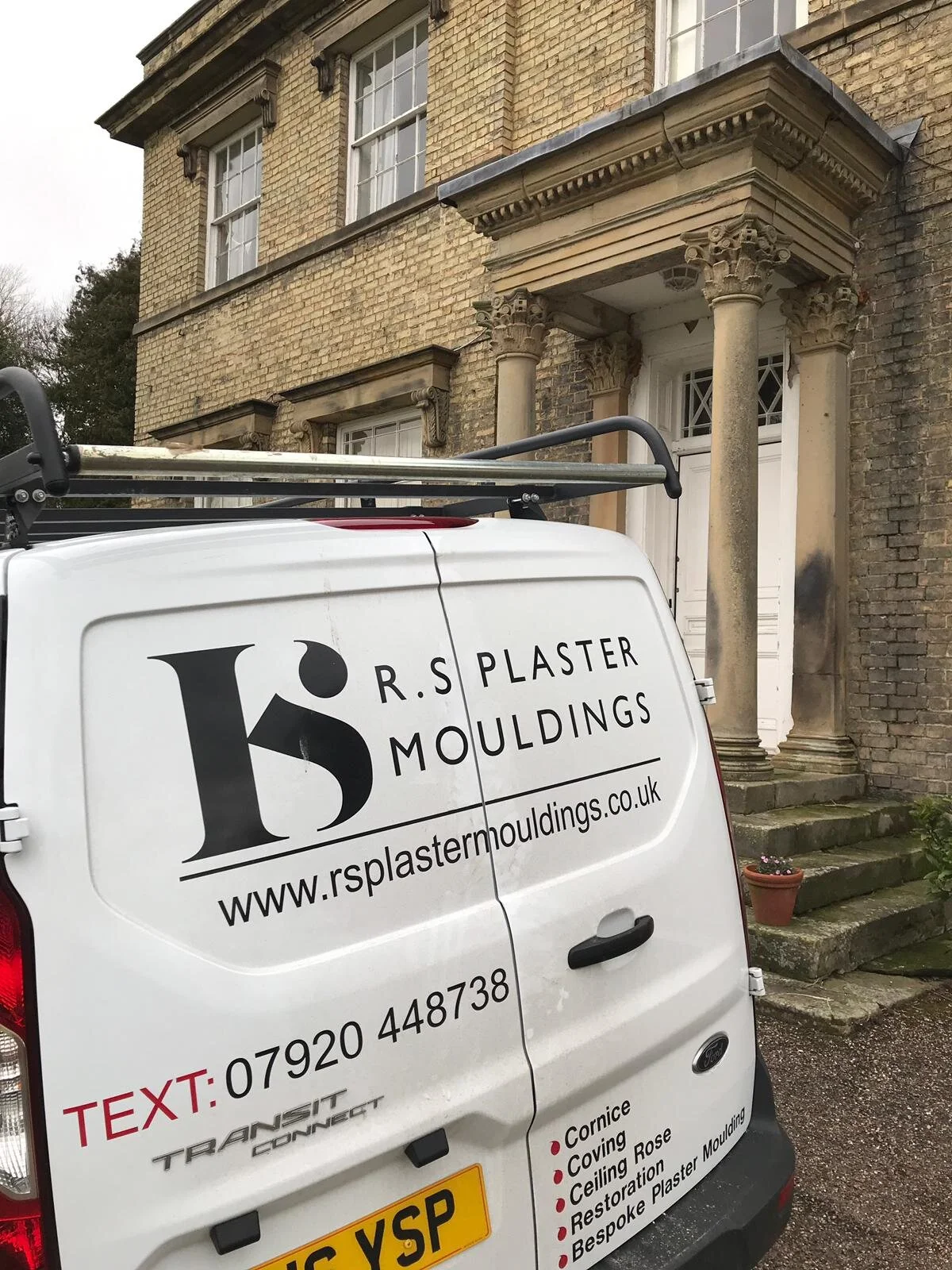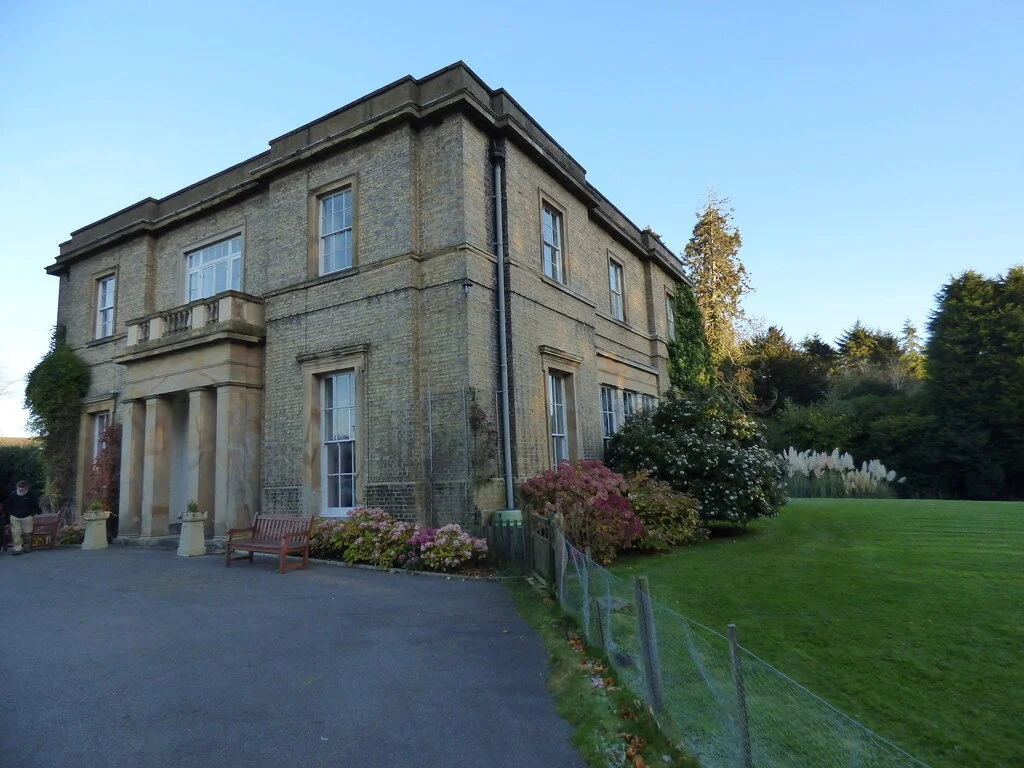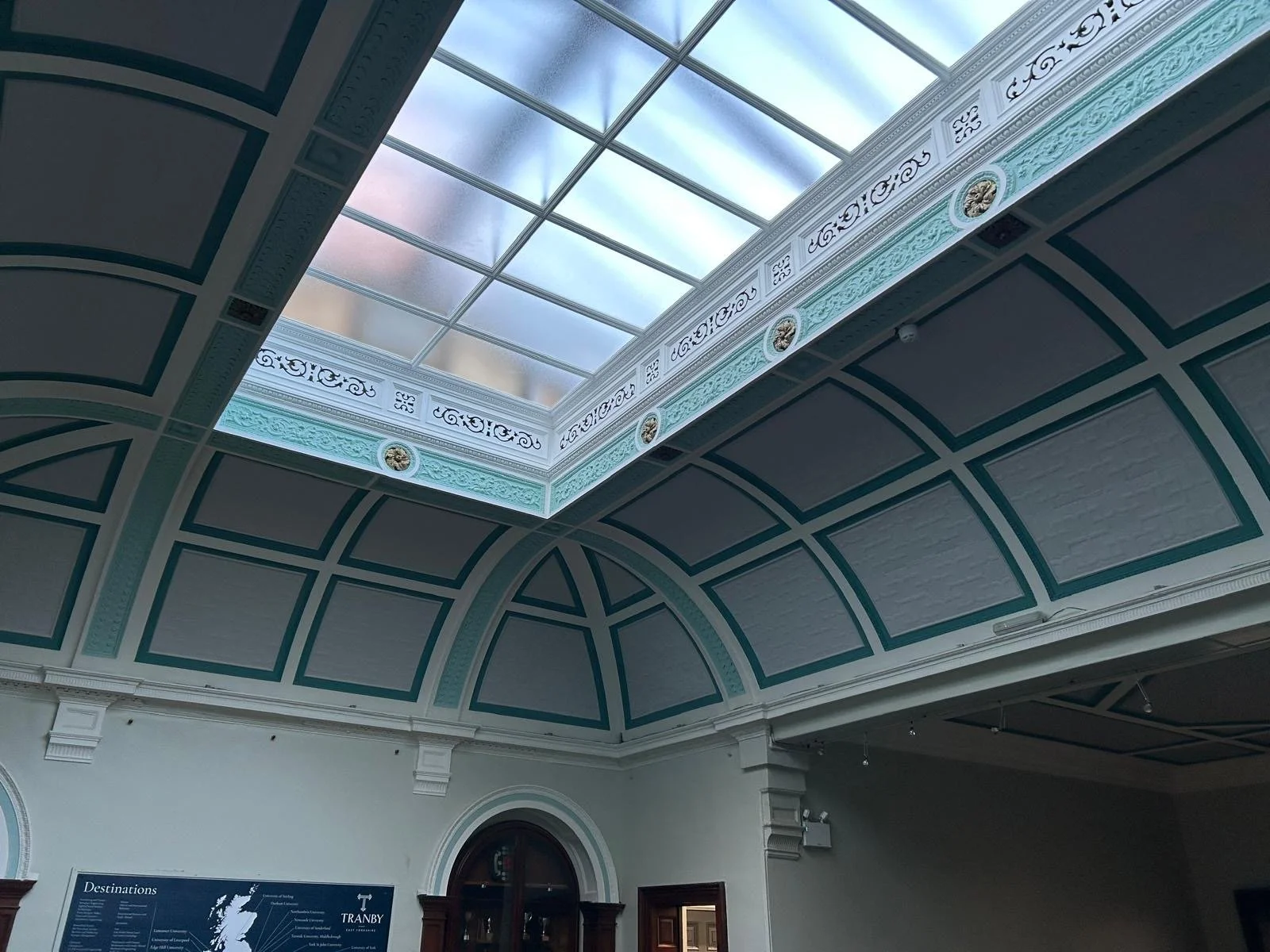


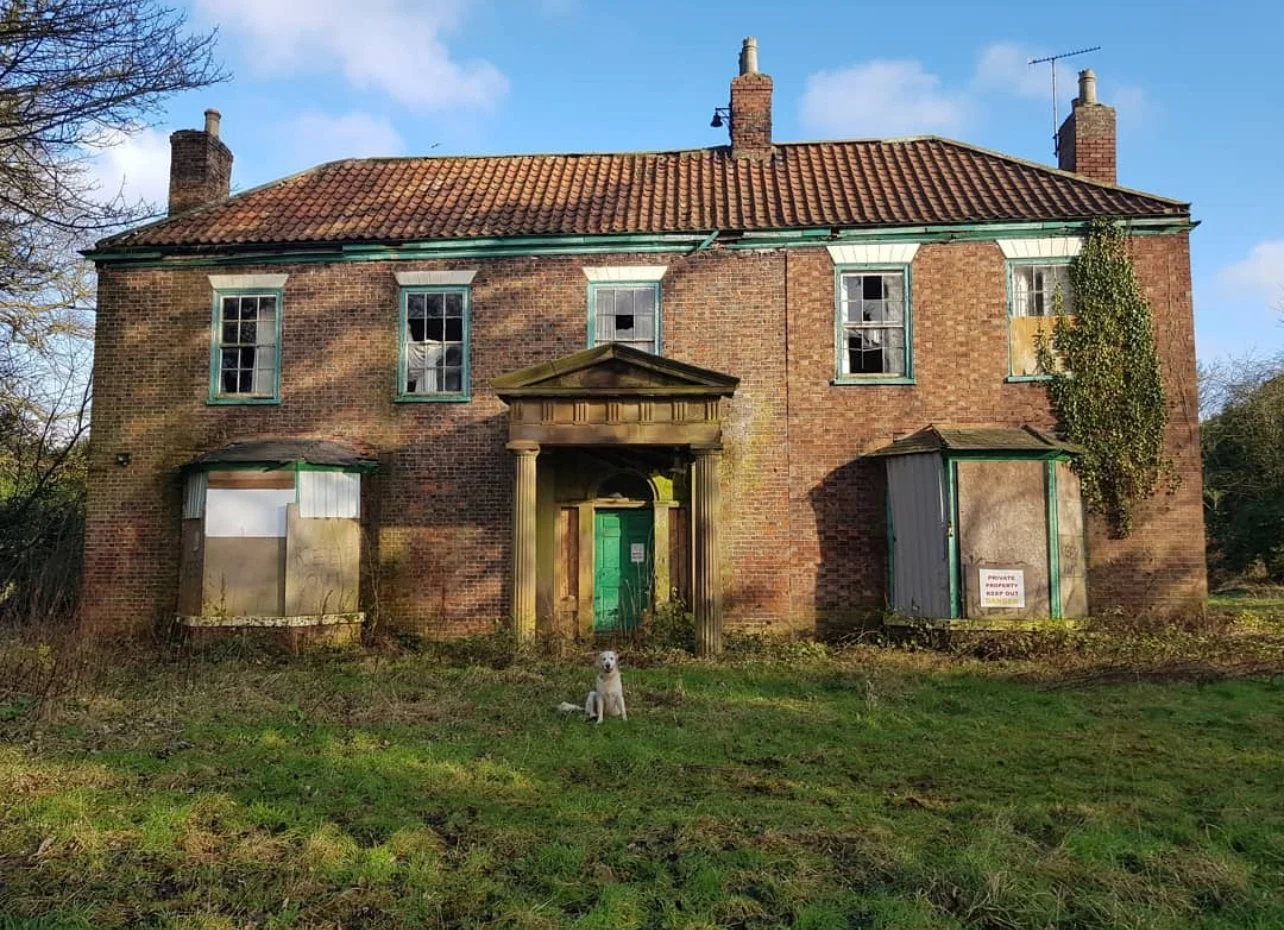
Restoring Grove House: A Georgian Treasure Saved from Ruin
Lucy and Seb are breathing new life into Grove House, a beautiful Georgian Grade II listed home in Barrow upon Humber. Follow the journey as we help restore its original plasterwork, cornices, and period features.
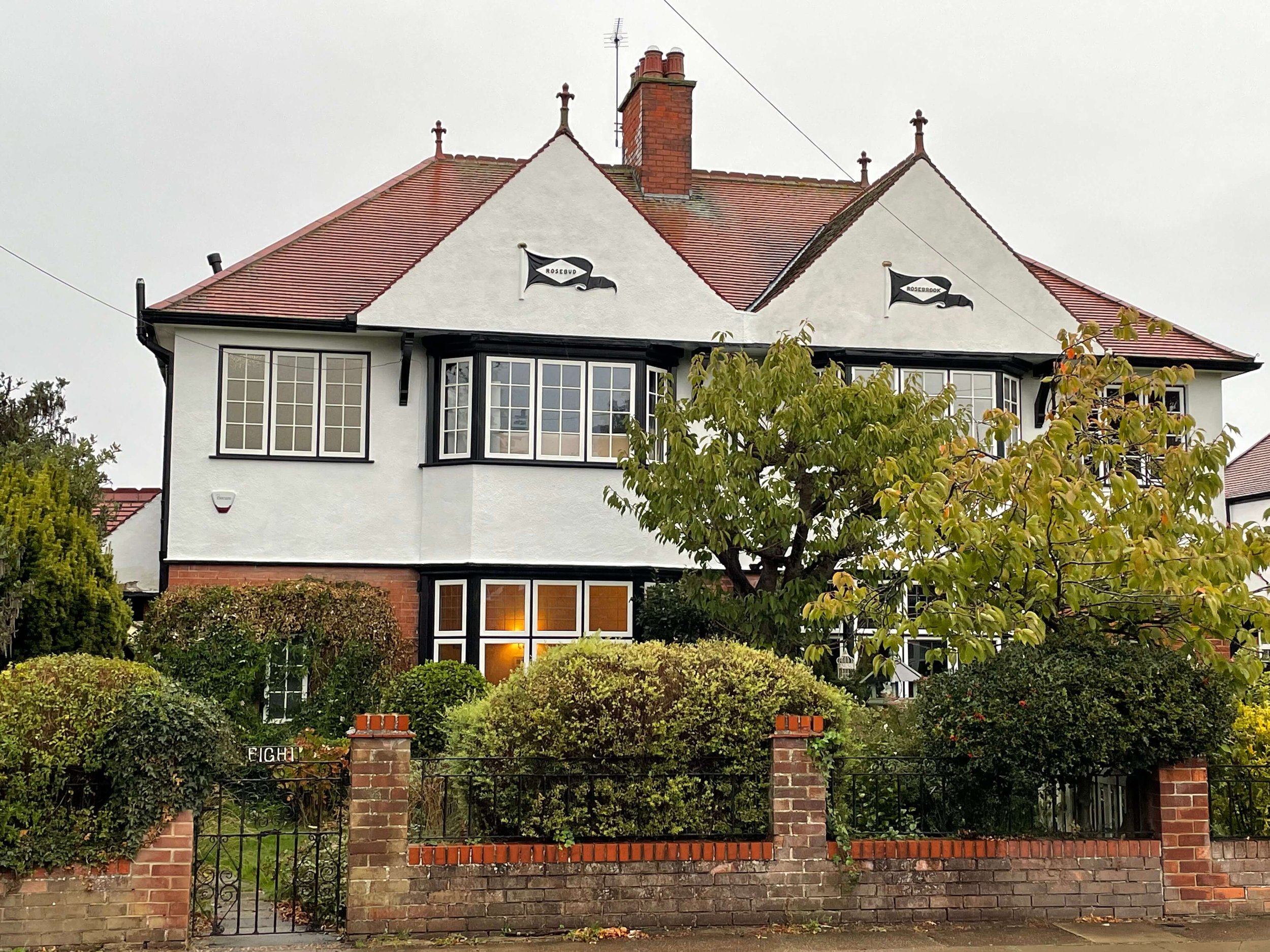
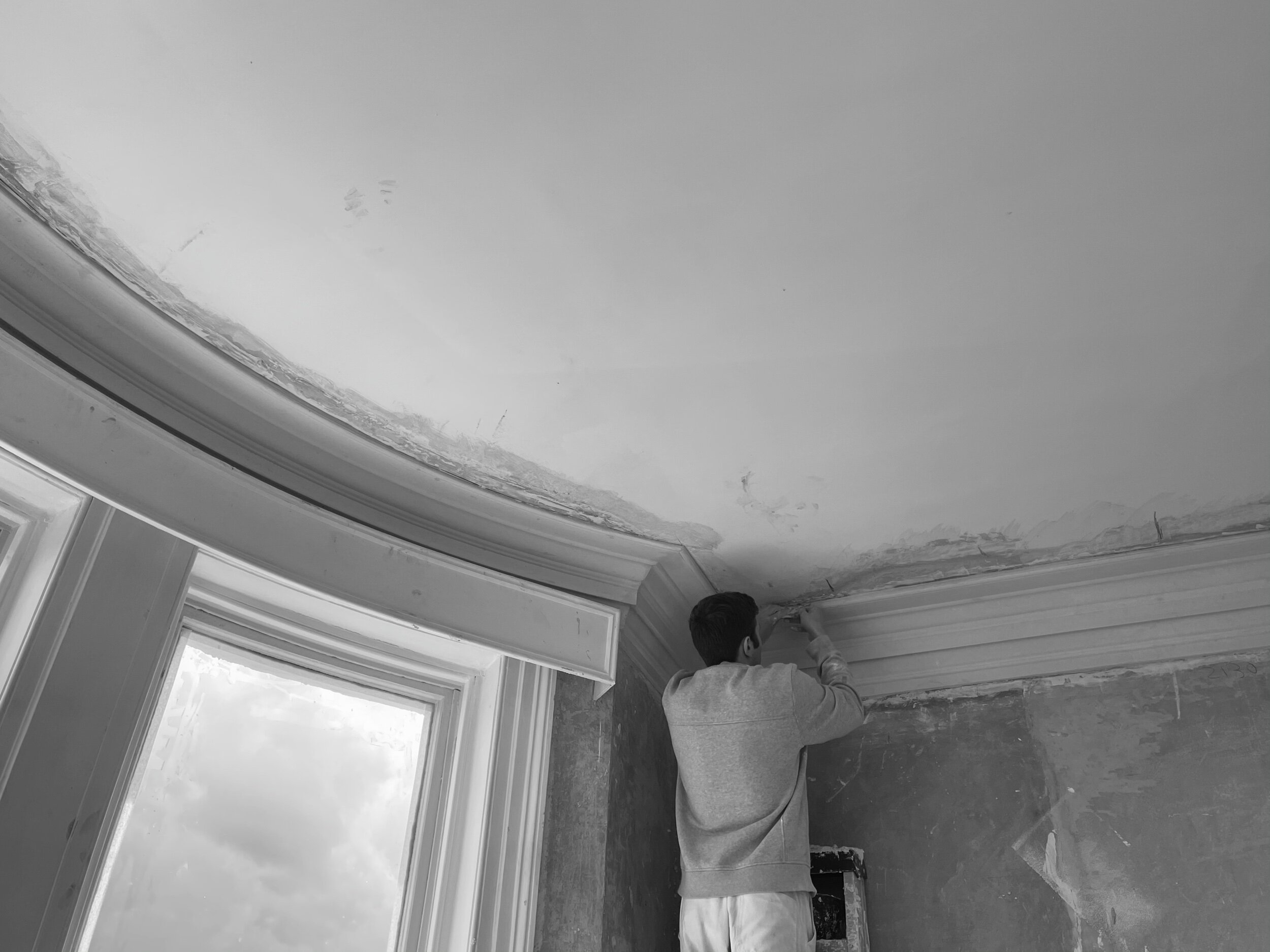

An Introduction to Cornice Mouldings
Cornice mouldings add an elegant touch to any home. They are made of plaster and used to conceal the joint between ceiling and wall, so cracks don't become visible. You'll find examples of cornicing in Georgian, Victorian and Edwardian homes and high-specification modern buildings.







